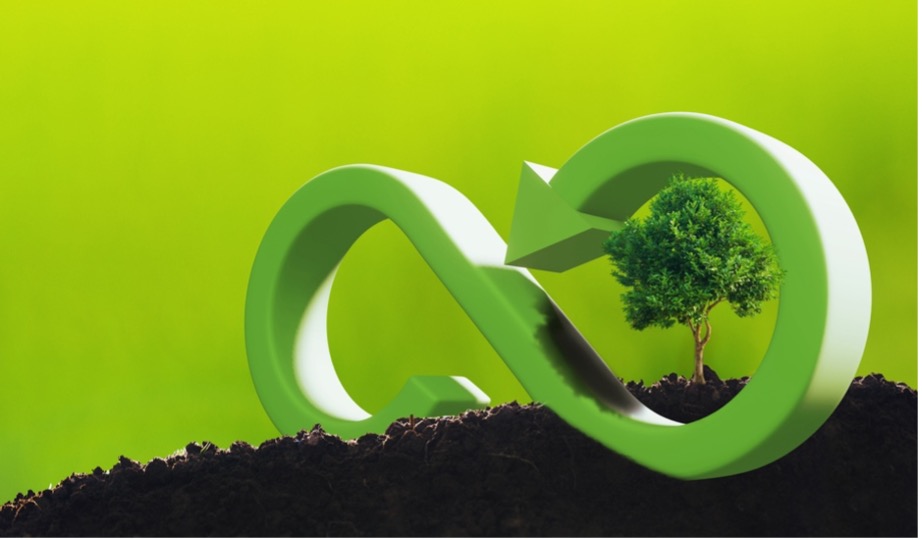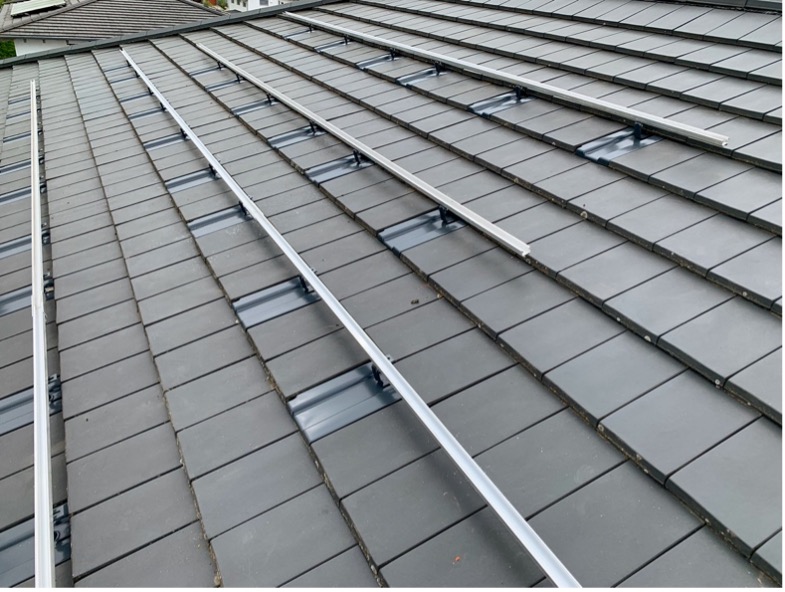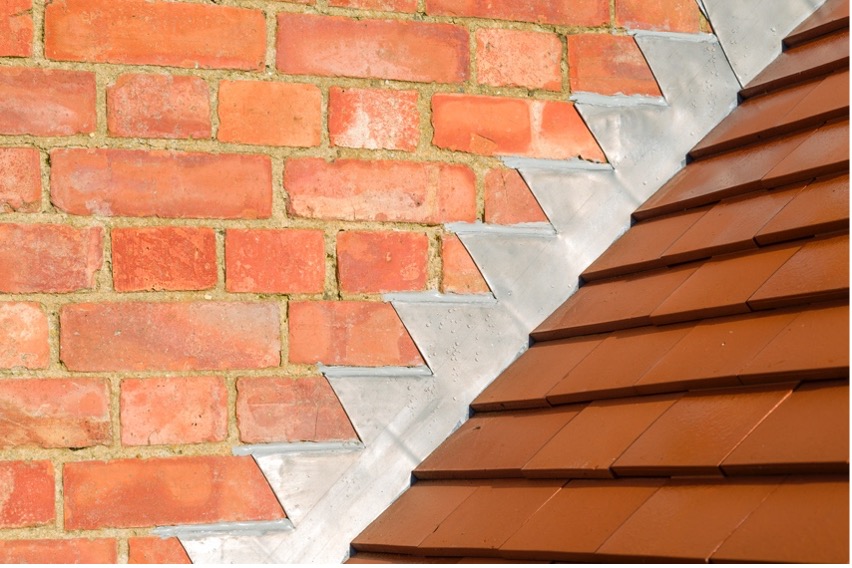Lead, zinc, and copper have always been sought-after materials central to the roofing industry due to their durability and aesthetics. However, over the past few years, the industrial shift towards more environmentally conscious materials and practices has touched many sectors, including roofing, also thanks to the government’s support. With the introduction of the concept of a circular economy, which focuses on the key principle of recycling and reusing materials to reduce waste and optimise resources, lead, zinc, and copper are set to find new ways to be repurposed.
In this blog, we will dig into how the roofing sector is adapting to such changes and eco-friendly approaches, highlighting aspects such as the environmental impacts of traditional roofing materials, as well as the benefits and challenges of recycling.
The Environmental Impact of Roofing Materials
While it is undeniable that metals like stainless steel, zinc, copper, and lead possess both aesthetic and durable qualities that make them stand out as excellent choices in roofing projects, it is also true that their environmental impact is significant. Lead, specifically, is infamous for being a toxic metal that could potentially cause serious health issues – such as poisoning – if seeped into the soil or water supply. Despite being less harmful, zinc and copper are not risk-free and can still have negative environmental impacts if mismanaged. A fitting example of this could be runoff from zinc roofing affecting aquatic ecosystems and copper’s toxicity towards plants and wildlife, especially if in high concentrations.
In light of this, it is important that these materials are disposed of as responsibly as possible at the end of their life cycle to avoid landfill waste and pollution. Effective recycling solutions are then critical to containing these negative effects and promoting a more sustainable approach to roofing.
What Are the Benefits of Recycling Lead, Zinc, and Copper?
Recycling lead, zinc, and copper from roofing materials offers important benefits that are worth discussing. Let’s have a closer look.
- It reduces the demand for new raw materials. Lead, zinc, and copper are finite resources, and their extraction can be both environmentally and economically costly. By recycling them, the industry will lower the need for new resources and reduce the environmental footprint of mining.
- It helps lower waste and pollution. Lead, zinc, and copper recycling processes are designed to capture and reprocess the metals in an environmentally friendly manner, reducing the risk of contamination and environmental damage.
- It leads to energy savings, which contributes to reducing the overall environmental impact of the roofing industry.
Overcoming Challenges in Roofing Material Recycling
However, we must not be under the impression that recycling roofing materials like the metals we have discussed so far doesn’t come with its own challenges.
One major challenge is the complexity of separating and processing these materials, which are often coated or mixed with other substances, making pure metal recycling particularly difficult. Specialised equipment and processes are then required to handle such complexities, which can increase costs and require advanced technology.
Another consideration is the need for proper disposal and handling of hazardous materials. Lead, in particular, demands careful management due to its toxic nature. Recycling facilities must adhere to strict safety and environmental regulations to prevent contamination and protect workers and the environment.
Innovative Technologies Enhancing Recycling Efforts
As expected, given the challenges discussed above, technological advancements are key in streamlining the efficiency of recycling processes for roofing materials, driving the transition towards sustainability. Innovations such as automated sorting systems and advanced smelting techniques, for instance, have made the separation process in recycling lead, zinc, and copper much easier, precise, and efficient, reducing waste and increasing the quality of the resulting materials.
Another notable development is the use of hydrometallurgical processes, which involve using aqueous solutions to extract and purify metals from complex mixtures. This method is particularly effective for recovering the metals involved in roofing with high accuracy and minimal environmental impact. Finally, research into closed-loop recycling systems aims to create processes where materials can be continuously reused without degradation in quality.
Key Initiatives and Partnerships for Sustainability
Several initiatives and partnerships are actively promoting sustainability in the roofing sector through recycling efforts, often involving creating guidelines, standards, and best practices for recycling and disposal. Additionally, it is worth mentioning that industry organisations and environmental groups, such as the Metal Recycling Association (MRA) and Friends of the Earth, are working with governmental bodies to make things better. For example, some offer certification programmes for roofing products that meet specific sustainability criteria, including the use of recycled materials. Additionally, partnerships between manufacturers and recycling facilities like ours are helping to streamline the scrap metal collection in the roofing sector.
These efforts are incredibly invaluable in raising awareness about the importance of sustainable practices and are paving the way for a more sustainable future in roofing.
Navigate the Path Towards Sustainability with Morecambe Metals
At Morecambe Metals, we are dedicated to sustainability and continuously adopt the latest practices and advanced machinery to ensure our operations are as eco-friendly as possible, regardless of the metal being recycled. Our commitment to green practices extends across all aspects of our work, making us a reliable partner in the transition towards a more sustainable future. If you want to learn more about our scrap metal services and how we can assist with your needs, contact us today. Our team is eager to help you navigate the path to sustainability with ease and accessibility.




